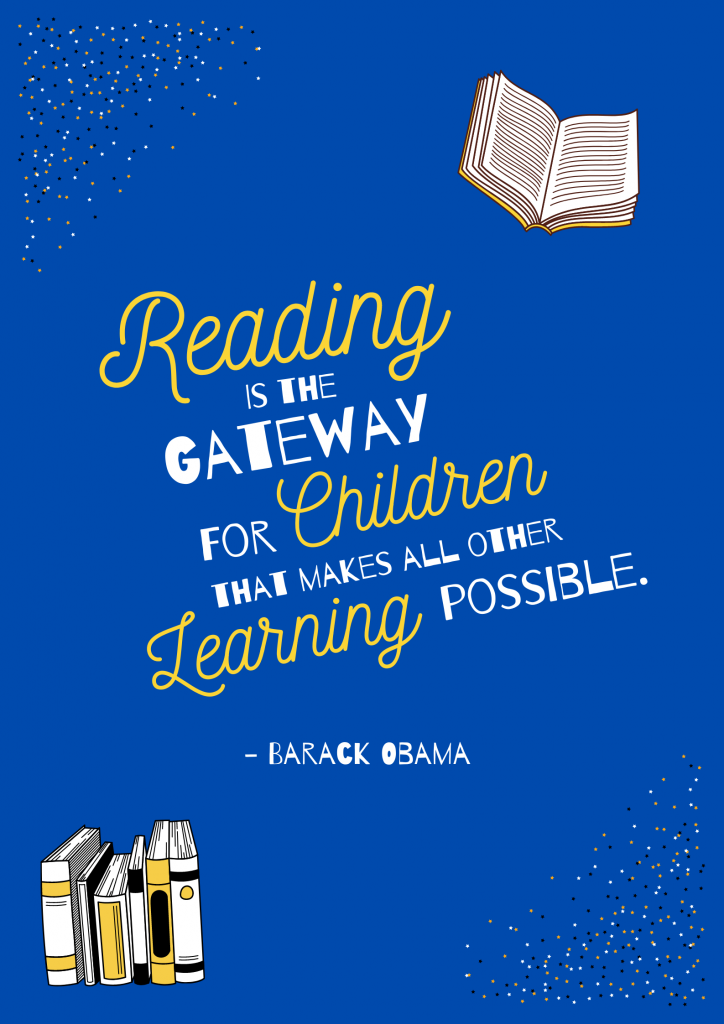Reading at St Joseph's
At St. Joseph's Catholic Primary, our aim is to instil a passion for reading and a confidence with words - written and spoken - in all our children.
Our Reading Journey
Learning to read is the most important thing your child will learn at our school. We put as much energy as we possibly can into making sure that every single child learns to read as quickly as possible.
We want your child to love reading and to want to read for themselves. This is why we strive for them to develop a love of books as well as simply learning to read.
'All pupils must be encouraged to read widely across both fiction and non-fiction to develop their knowledge of themselves and the world in which they live, to establish an appreciation and love of reading, and to gain knowledge across the curriculum. Reading also feeds pupils’ imagination and opens up a treasure-house of wonder and joy for curious young minds.'
National Curriculum 2014
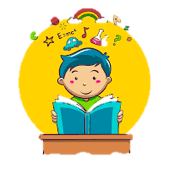 |
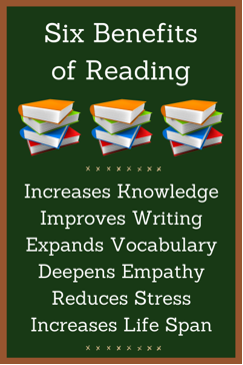 |
How do we teach reading?
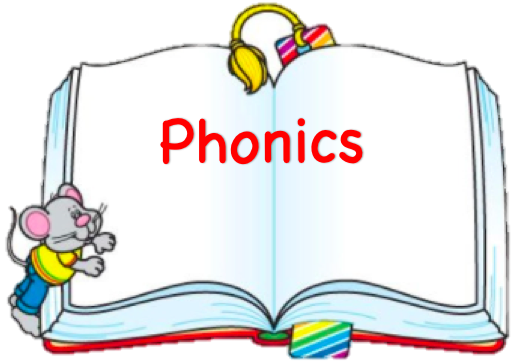 |
 |
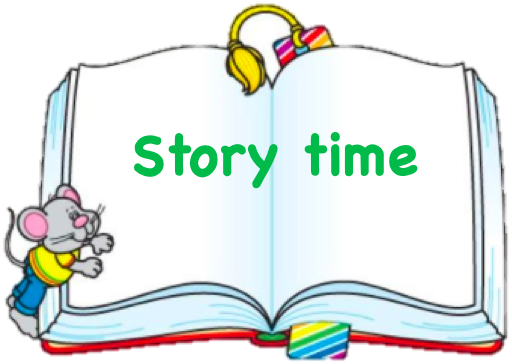 |
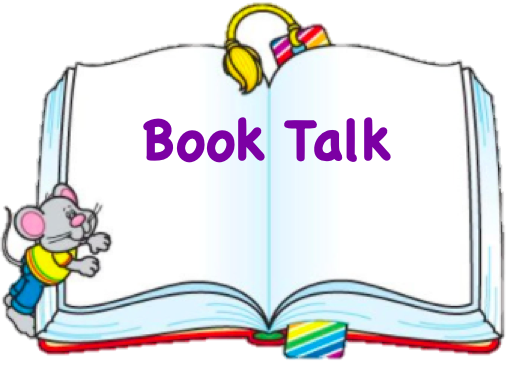 |
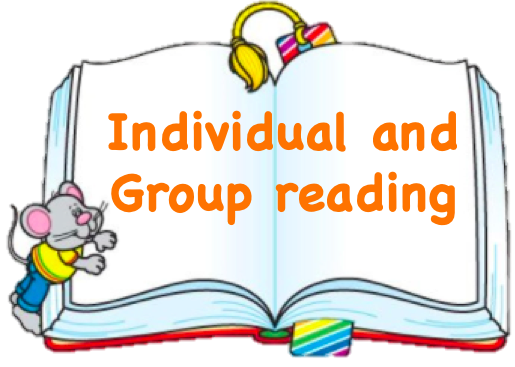 |
English Lessons Using a text based approach
At St.Joseph's Catholic Primary, we embed the 'write stuff' approach into our curriculum. This has proven success to enhance vocabulary and embed a love of reading into our daily English lessons through a text based approach to planning.
We expand our vocabulary by creating word banks of words.
For example big, colossal, huge, enormous, vast, gigantic
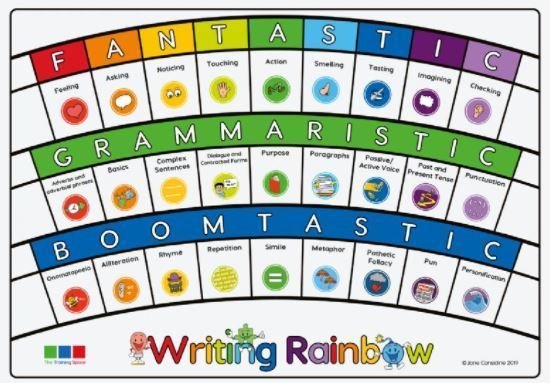
We are committed to ensuring that all our children have the opportunity to engage with a rich range of quality texts, (fiction, non-fiction, poetry), so they develop into engaged and informed readers and writers, who understand the relationship between reading and writing.
Each class will use a key book as a stimulus for teaching reading and writing through the use of high quality books and creative teaching approaches. Our children are immersed in the text through shared reading, ‘experience’ days which offer the opportunity to develop their understanding through music, art, drama, discussion and role-play.
Story Time and Reading aloud is a key part of both our English sessions and group reading sessions. Children are encouraged to express their thoughts on the text and infer as to what they think could happen in an environment that enables all children to access quality texts. Story Time is a designated time on our timetables that enables the teacher to model expressive and fluent reading to the children.
Home Reading
Evidence strongly suggests that parents and the home environment are essential to the early teaching of reading and fostering a love of reading.
Key findings from the evidence include:
Parental involvement in a child’s literacy has been reported as a more powerful force than other family background variables, such as social class, family size and level of parental education (Flouri and Buchanan, 2004 – cited in Clark and Rumbold, 2006);
Children are more likely to continue to be readers in homes where books and reading are valued (Baker and Scher, 2002 – cited in Clark and Rumbold, 2006).
Reading Books Coming Home
At St Joseph's we ensure children are taking books in line with their both their phonetic ability and comprehension skills. These reading books will be sent home for your children to read independently or read to you.
They will know all of the sounds used in the text because they match the sounds in the books they are being taught in class. This means they will be able to read the text with fluency and confidence – like a storyteller. They will enjoy reading to someone else or to themselves.
EYFS and KS1
In Key Stage One, Children progress in their reading through regular assessment using the Read Write Inc (RWI) assessment tool. Every half term children will be assessed and then subsequently grouped for phonics and then given books which correspond with their phonics level. Children will bring home 3 books each week. These will be changed every Wednesday. One book is their Read Write Inc phonics book which corresponds to their specific phonic coloured group. The next book is either a ‘Bookbag book’ or a Non-Fiction text. The third book is a picture book which is for an adult to read to them to promote a love of reading. RWI reading books are designed to build fluency at an age appropriate level and to broaden their reading experience.
Read Write Inc progression of skills

Once a week, children will independently select a story book to read with you. This exposes children to a wide variety of texts for them to enjoy at home.

Additional free reading e-books: https://www.oxfordowl.co.uk/for-home/find-a-book/library-page
Accelerated Reader
At St Joseph’s Primary School, we are passionate about ensuring that every child is a reader. We want children to enjoy reading. One of the ways we do this is to use a computer program called Accelerated Reader (AR). Your child will now access ‘Accelerated Reader’ as they have completed all Read Write Inc Phonics steps and are now ready for the next stage in their reading journey.
What is Accelerated Reader?
AR is a programme used to motivate children to increase their reading and vocabulary comprehension and guide them to independent reading. AR helps teachers manage and monitor children’s independent reading practice. Your child picks a book at his/her own level and reads it at their own pace. When finished, your child takes a short quiz on the computer at school – passing the quiz is an indication that your child has understood what has been read.
How does Accelerated Reader work?
-
Each child will take a ‘Star Reader Test’, which will give the child a reading age and reading band book level. Star readers are carried out termly to assess progress.
-
The children then choose an AR book based on their interest and reading level.
-
When they have finished reading the book, they take the AR test on the AR website to assess comprehension. This will be done at school.
Since children are reading books at their own reading and interest levels, most children are likely to be successful and enjoy the books and quizzes. Best of all they learn and grow at their own pace. As with anything, performance improves with practice and children who read at least 20 minutes a day and score 90% on their quizzes will see the greatest improvement.
Please encourage your child to read at home, discuss books, ask questions about what they have read and visit your local library. Together, we can help every child to be a successful reader! We have many books that the children can choose from in school; however, we are also aware that many children like to read their own books from home. You can visit the website www.arbookfind.co.uk to search for home books and see if a quiz is available. This quiz can also be done at school provided the child knows the title of the book.
